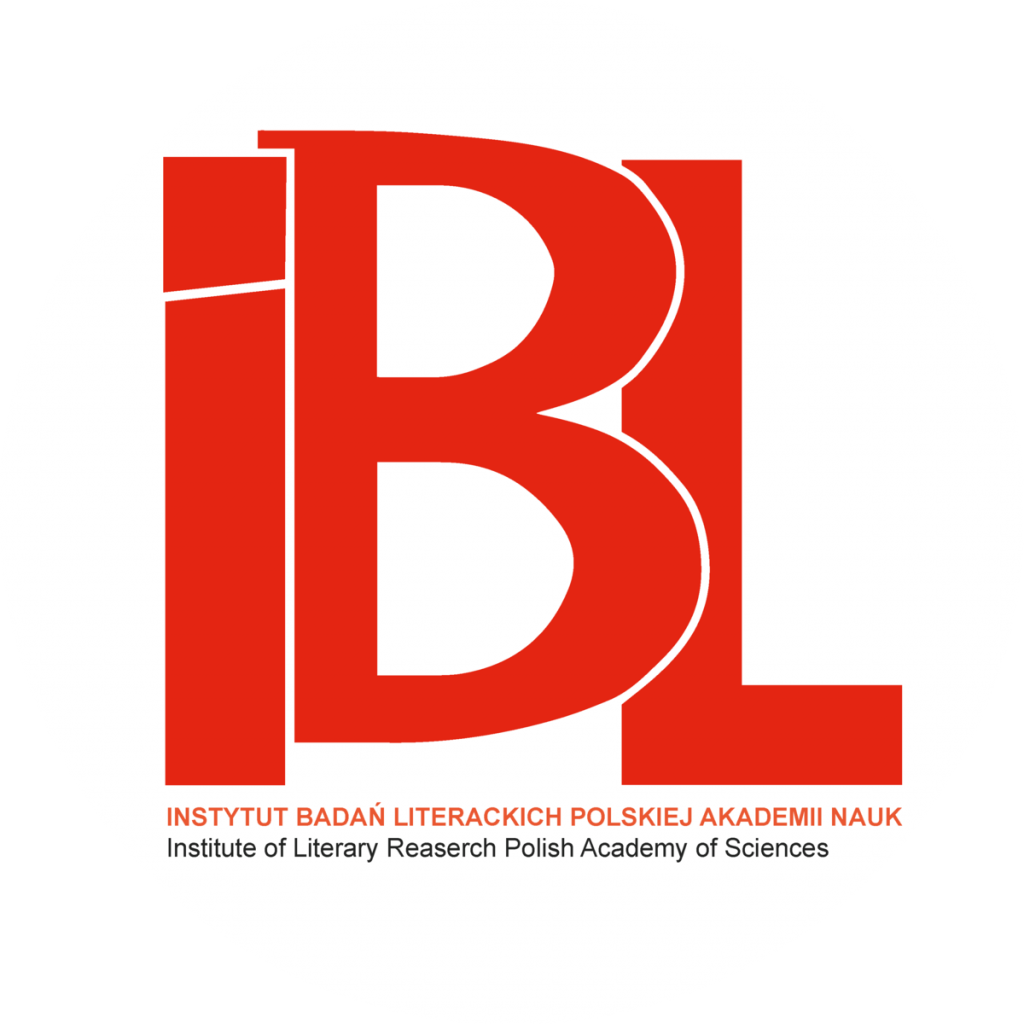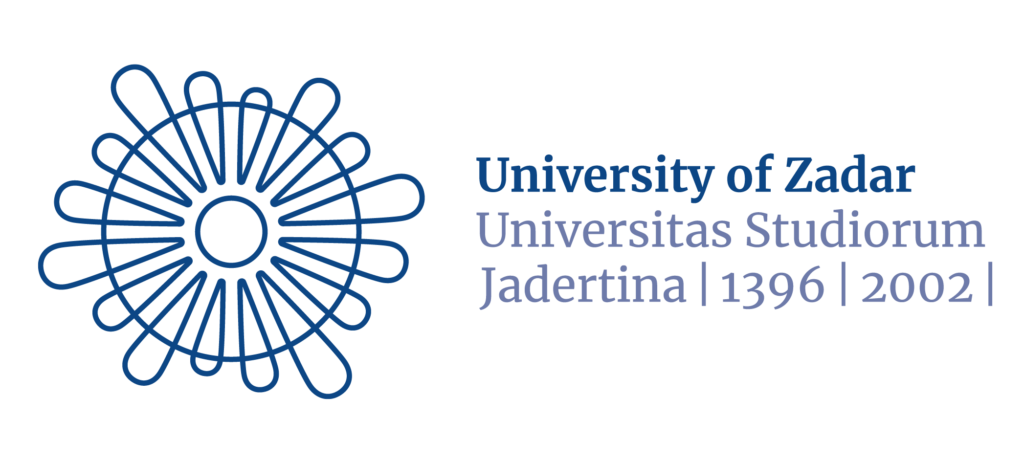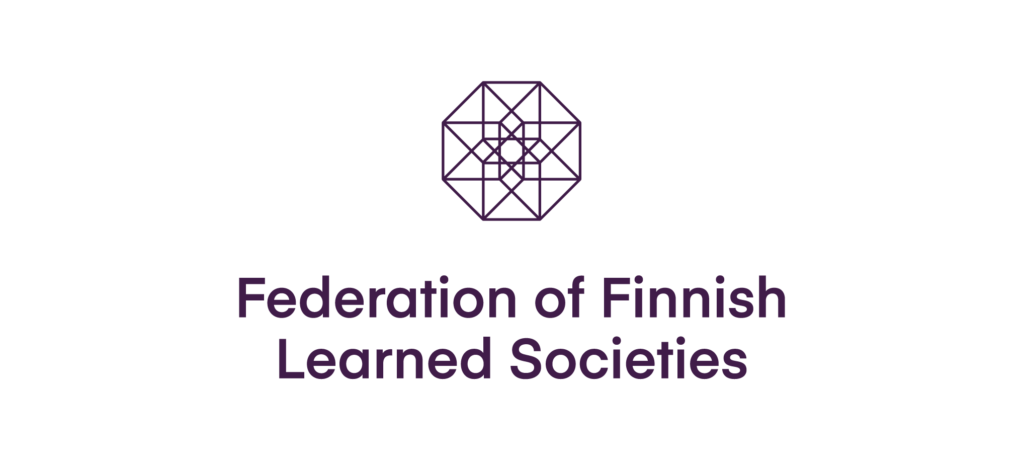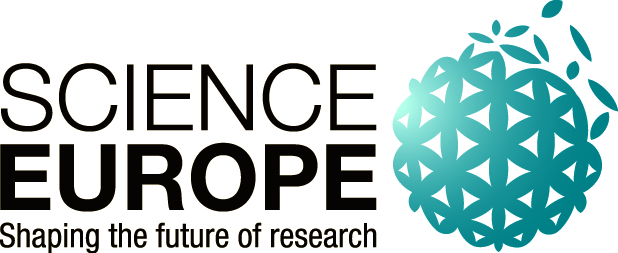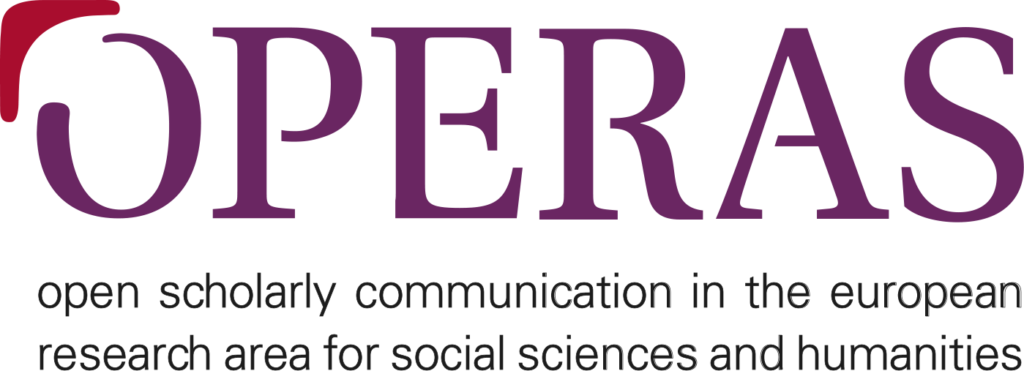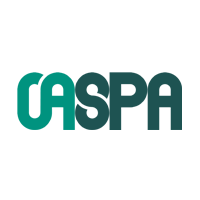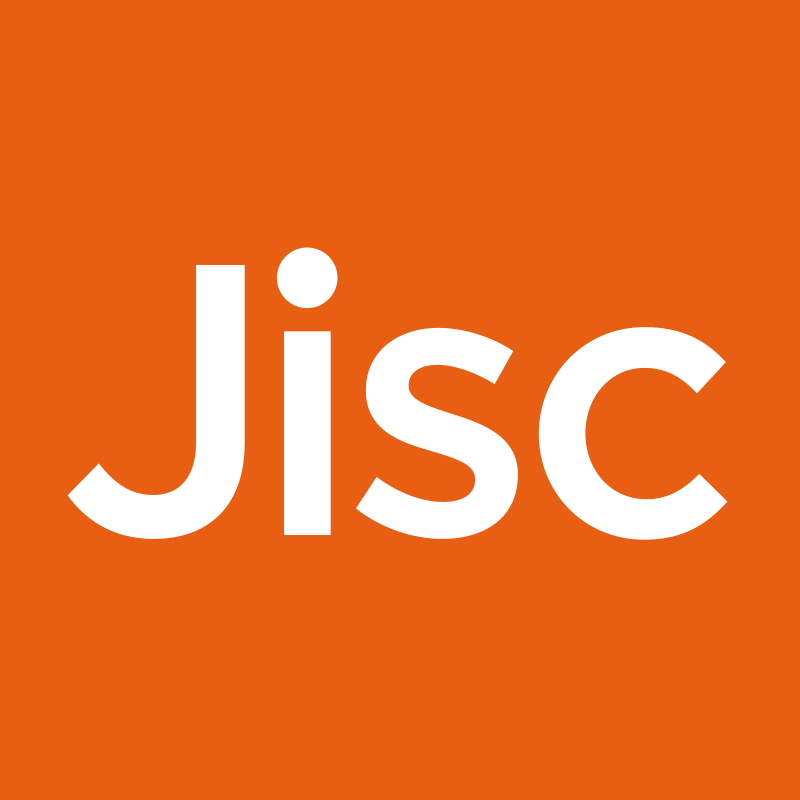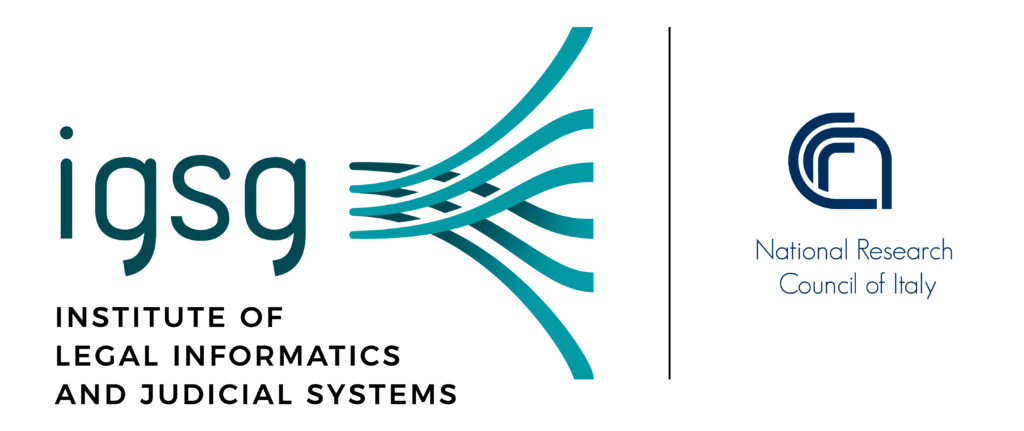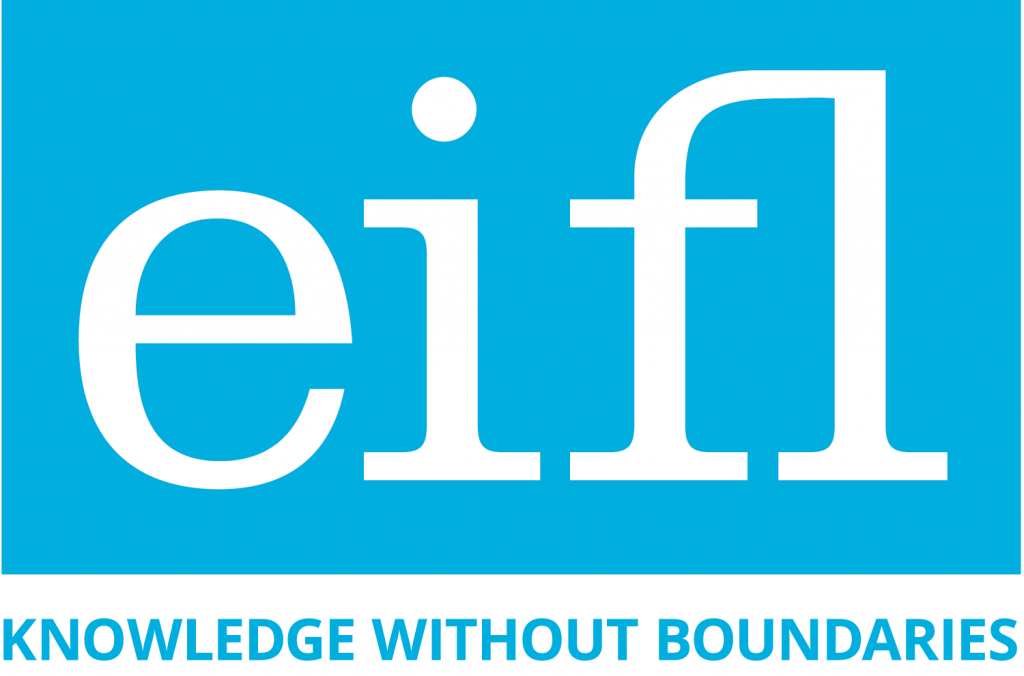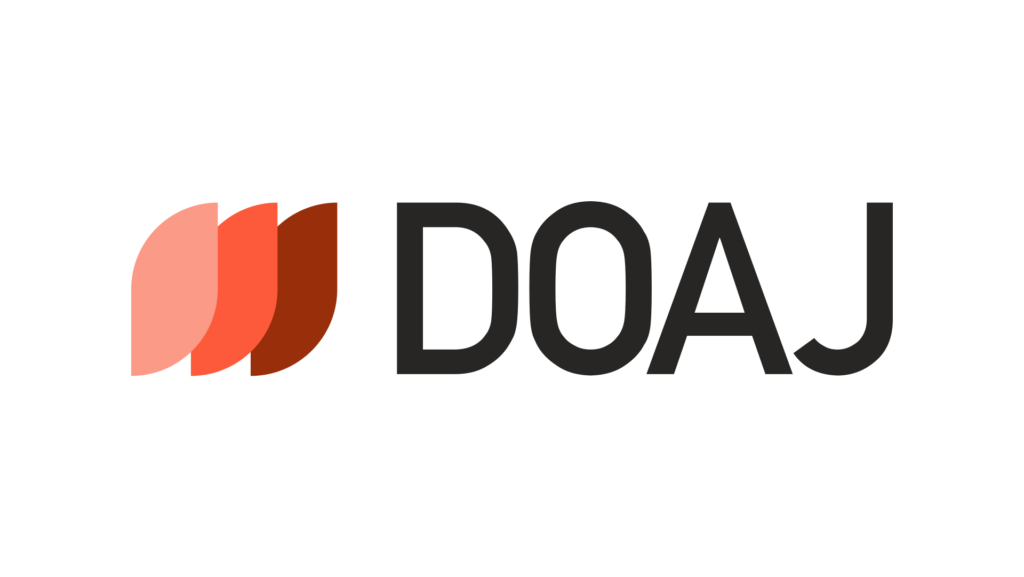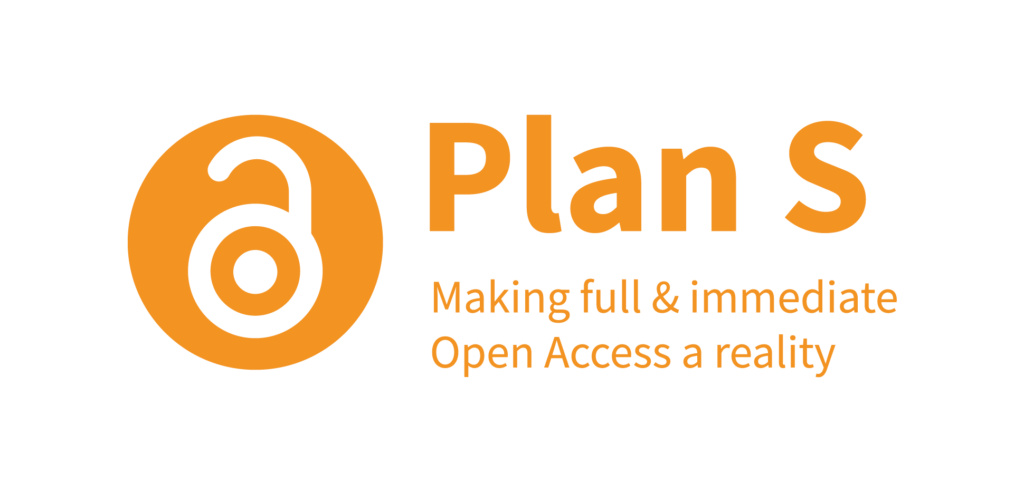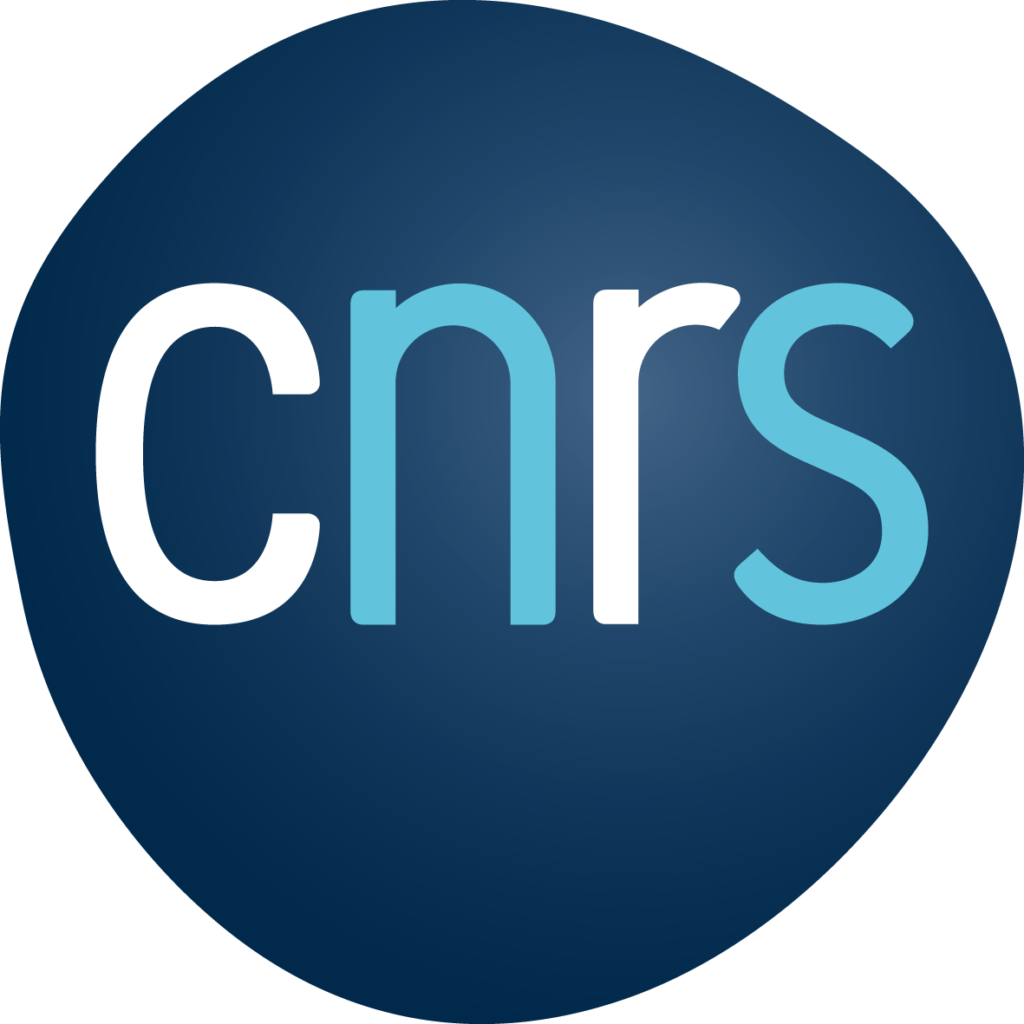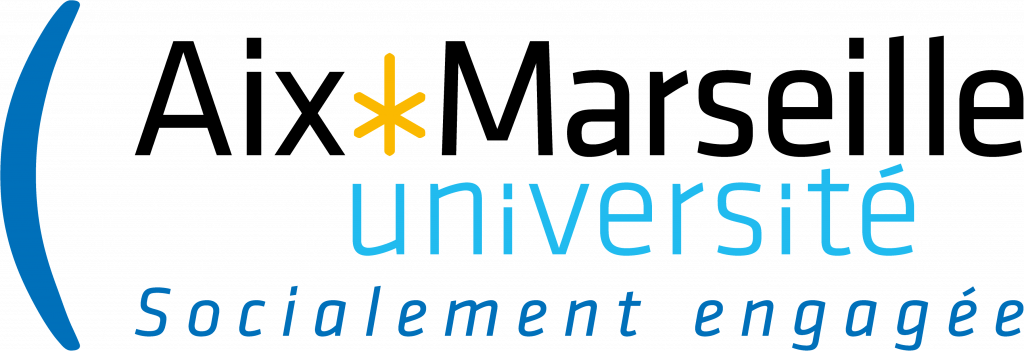On 27 September 2023 DIAMAS hosted the Open Science Fair 2023 Workshop: Improving the Efficiency and Quality of Institutional OA Publishing. The workshop addressed a range of challenges faced by institutional Open Access publishers, paying special attention to ‘diamond’ publishing models that are scholar-led and do not charge fees to readers or authors. In this post, we look back at the session and reflect on the key takeaways!
During the event, the DIAMAS team presented early results of the project, announced further actions and invited the audience to share their thoughts and co-create quality standards, support materials, sustainability guidelines, and policy recommendations for diamond OA institutional publishing.
The workshop was divided into four sections, each consisting of a brief introduction by DIAMAS facilitators and a discussion with the audience revolving around the following topics:
- Establishing a quality framework for institutional OA publishing (Milica Ševkušić, EIFL) ;
- Building and enabling the financial sustainability of institutional publishing (Vanessa Proudman, SPARC Europe);
- Building institutional publishing communities of practice and co-creating a virtual distributed capacity network coordinated via a central portal (Common Access Point) (Virginia de Pablo Llorente, FECYT);
- Actionable recommendations and strategies for institutional leaders, funders, sponsors and donors, and policymakers to support OA institutional publishing (Iryna Kuchma, EIFL; Vinciane Gaillard, European University Association and Bregt Saenen, Science Europe).
Questions and comments from the audience reflected various perspectives: researchers’ concerns about the reputation of journals, editors struggling with the lack of funds, technical expertise and recognition, or the role of Open Science advocates advancing policies and research assessment reform. They all provided valuable feedback, which will feed into the ongoing work of DIAMAS.
Some of the recurring topics included the lack of recognition for institutional publishing in institutional and national policies and the concept of “reputation”, fostered by the current research assessment systems favouring quantitative indicators and relying on commercial indexing services. It was suggested that strong journals should be supported in their efforts to move away from commercial publishers to institutional ones through recognition and endorsement by research assessment bodies. The official endorsement (by evaluation bodies) of institutional publishing outputs would encourage researchers to publish with institutional publishers. At the same time, the recognition of institutional publishing through policies and funding schemes could help publishers ensure professional support and improve the editorial and technical quality of their outputs. In the workshop it became clear that, fortunately, funders are already showing willingness to support a Diamond OA ecosystem.
Feedback from the audience clearly reveals a need for a platform that would offer a registry of institutional publishers and service providers, guidelines, use cases, support and training materials. Interestingly, along with training on publishing policies, editorial workflows and technical aspects of publishing, the need for guidelines on how to strengthen the position of institutional publishing was repeatedly mentioned.
Your voice counts!
During the workshop, participants could join the discussion virtually by sharing their opinions through the interactive tool Partificy, which will remain open after the event for all those who would like to help us co-create a Diamond OA ecosystem. Follow this link to have your say – answer questions or ask your own!
Your feedback on the draft of the Extensible Quality Standard for Institutional Publishing (EQSIP) is also welcome.
The session recording is available below- skip to 02:31:00 for the DIAMAS workshop:





